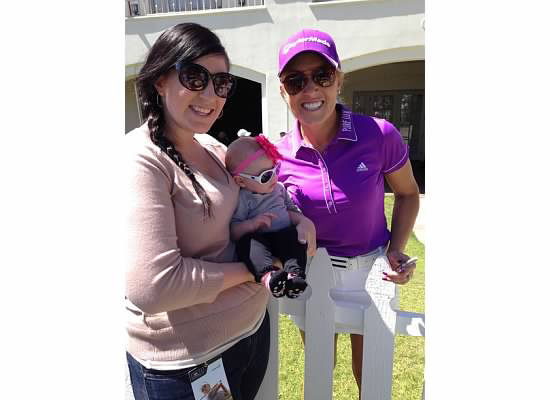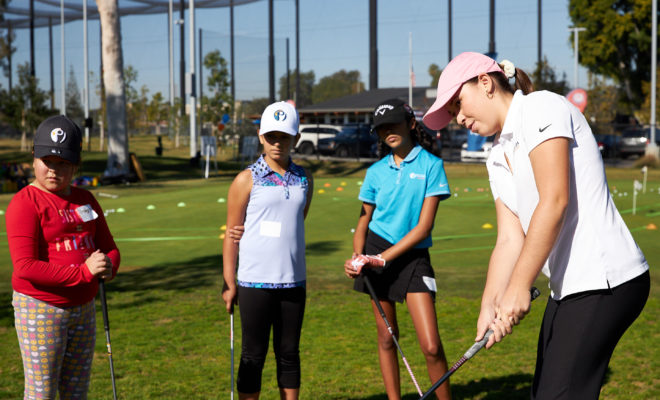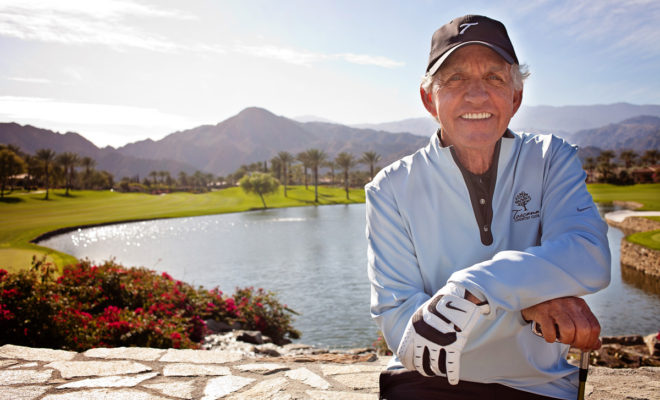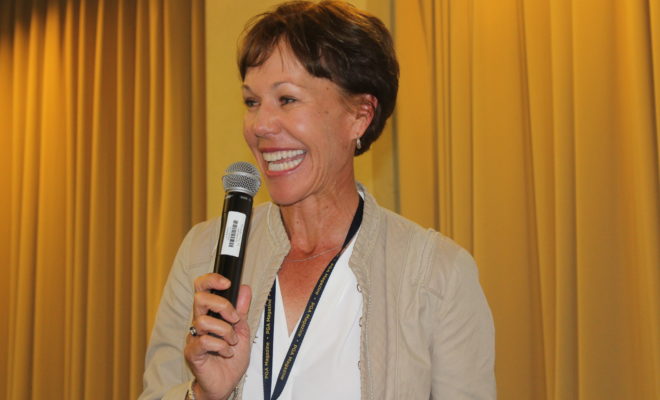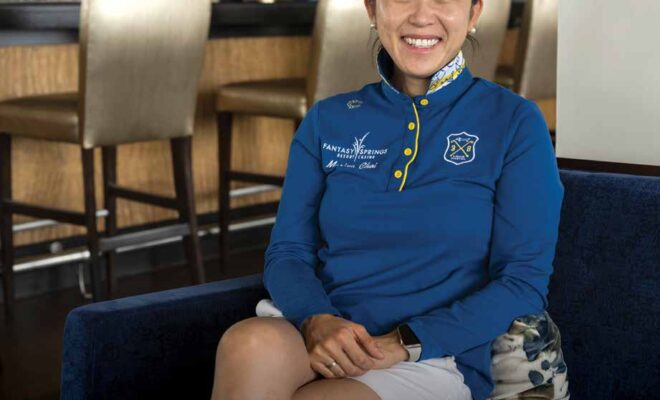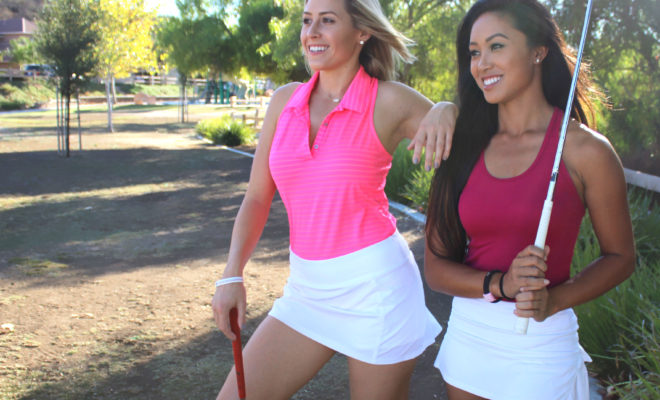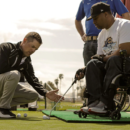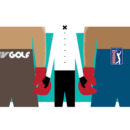Q&A With The First Lady Of Golf
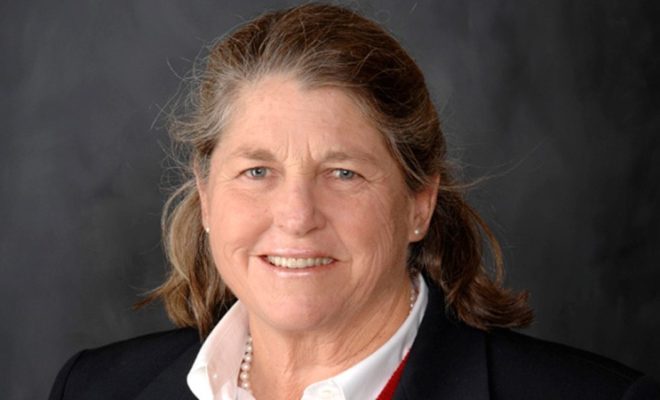
SCGA Hall-of-Famer Mary Bea Porter-King recently received the Women’s Golf Coaches Association’s (WGCA) most prestigious honor, the Gladys Palmer Meritorious Service Award.
A life-long female golf advocate, she is the president and co-founder of the Hawaii State Junior Golf Association (HSJGA) and is one of the country’s most respected rules officials, officiating over 75 United States National Championships (14 U.S. Opens, 17 U.S. Women’s Opens, 15 U.S. Amateurs, 5 Masters Tournaments, 5 PGA Championships, 1 British Open).
She has previously served on the USGA Executive Committee, which oversees the entire USGA, before becoming the Independent Director on the Board of the PGA of America. She also serves on the USGA Junior Amateur Committee & Regional Association Committee, and previously served on the PGA Youth Development Committee. FORE Her was able to sit down with the legend herself for a Q&A.
FORE Her: You were a four-sport collegiate athlete at Arizona State University involved in golf, basketball, volleyball and softball. What drew you to pursue golf for your professional career?
Porter-King: Golf has always been my main sport. I grew up with an older brother and he played a variety of sports – I was his catcher, receiver, or whatever he needed. Golf was always my strength and something that I knew I wanted to pursue because my number one influence was Betty Hicks, who was the head pro of Los Coyotes CC when I was a child. She had a huge impact on my career. Even though there wasn’t any money in it, it was still something I always wanted to be.
FORE Her: Are there any struggles you’ve faced as a woman golfer (stigma, golf etiquette, etc)?
Porter-King: Today, it’s much easier. But back then it was tough, but not as tough as those whole played before me! The stigma of being on the road as a single woman was very difficult. You’re out there by yourself. We didn’t have Facebook or FaceTime. We had to call someone on the payphone and it was very expensive. If you were looking for love or looking for a relationship, those were very difficult. If you met some guy, it was really hard because you’re out of town in a couple days and he’s not going to want to follow you around. There were a lot of things that were very difficult for a single woman on tour. It was hard to go to a restaurant by yourself. Today a woman wouldn’t think twice about it. They could stay constantly connected through all electronics. It wasn’t like that in the 70s. It was a hardship but that’s the way it was at that time of life. However, I never thought of giving it up.
FORE Her: Did you feel like this brought you closer together with other female competitors?
Porter-King: We were much closer just for that reason. Human beings need socialization. I roomed with Jan Stephenson on tour. Mainly to save costs. Also, it was nice having someone to talk to, someone to go out to dinner with, but you were still competitive. We didn’t really think much of it other than that’s the way it was. Today, professional golfers are a lot more isolated but they have their entourage with them. But it was probably the most difficult time I had. After I was married, I had a son and soon became a single parent after a divorce. We weren’t set up for daycare, but the Senior Tour had daycare before the LPGA! He was raised on the road. Now he’s a tour manager and is always on the road.
FORE Her: What advice do you have for women feeling intimidated with golf?
Porter-King: I think women like to be more informed than men about what they’re doing because I think they have a fear of doing something that’s not right, whereas men just go along their happy way and it doesn’t bother them. Women are more sensitive to that. The more they can be informed about the etiquette, rules of the game, and protocol of the game, the more they can enjoy it. Just so they aren’t worried they are doing something wrong. They don’t want to be embarrassed, standing in the wrong place or wearing the wrong thing. The more they’re educated to that, the more fun they would have. Not have to worry they’re doing something not acceptable.
FORE Her: What change do you wish to see for women in golf?
Porter-King: I would love to see women more accepting of each other and help each other. I do a lot of rules and officiating for the USGA. Just be kind to one another. Find a kind way to call a rule, be a friend and help each other. We’ll all have more fun.
FORE Her: Your commitment to service has truly extended beyond the green, quite literally, when you hopped over a fence to save a drowning boy during a LPGA event in 1988. What is a mantra you live by?
Porter-King: Always leave the golf course better than you find it. I hope to leave life better than I found it. When I jumped over the fence there was never a thought of anything other than someone needed help. I have a soft spot in my heart for people who need help. I’m always looking for ways to help others and in turn it makes me feel good. The more you give the more you get back.

